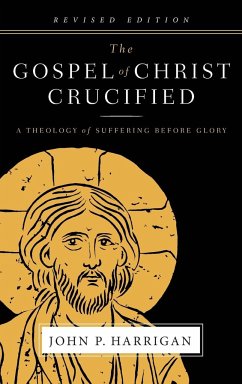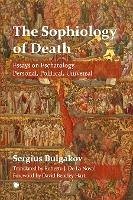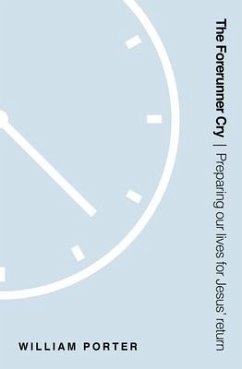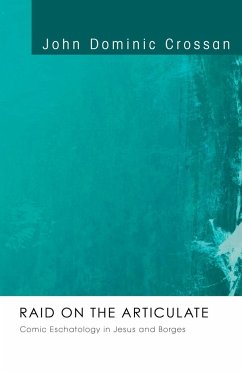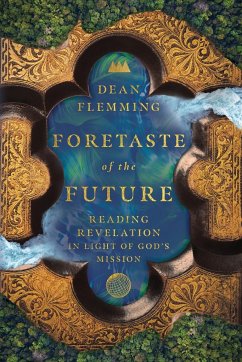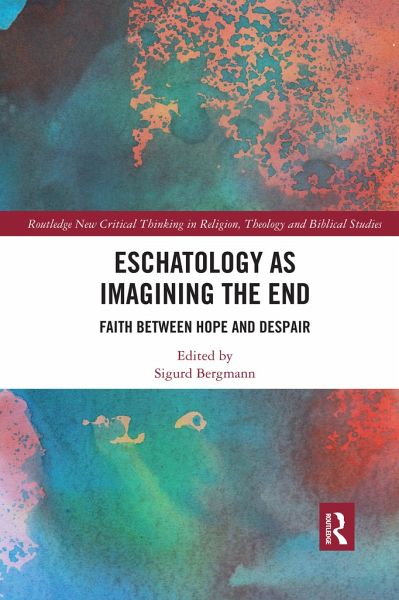
Eschatology as Imagining the End
Faith between Hope and Despair
Herausgeber: Bergmann, Sigurd
Versandkostenfrei!
Versandfertig in 1-2 Wochen
54,99 €
inkl. MwSt.

PAYBACK Punkte
27 °P sammeln!
This book investigates how different approaches in historical and contemporary Christian theology make sense in reflecting about the final things, or the eschata, and why it is so important to consider their multi-faceted impact on our lives.





